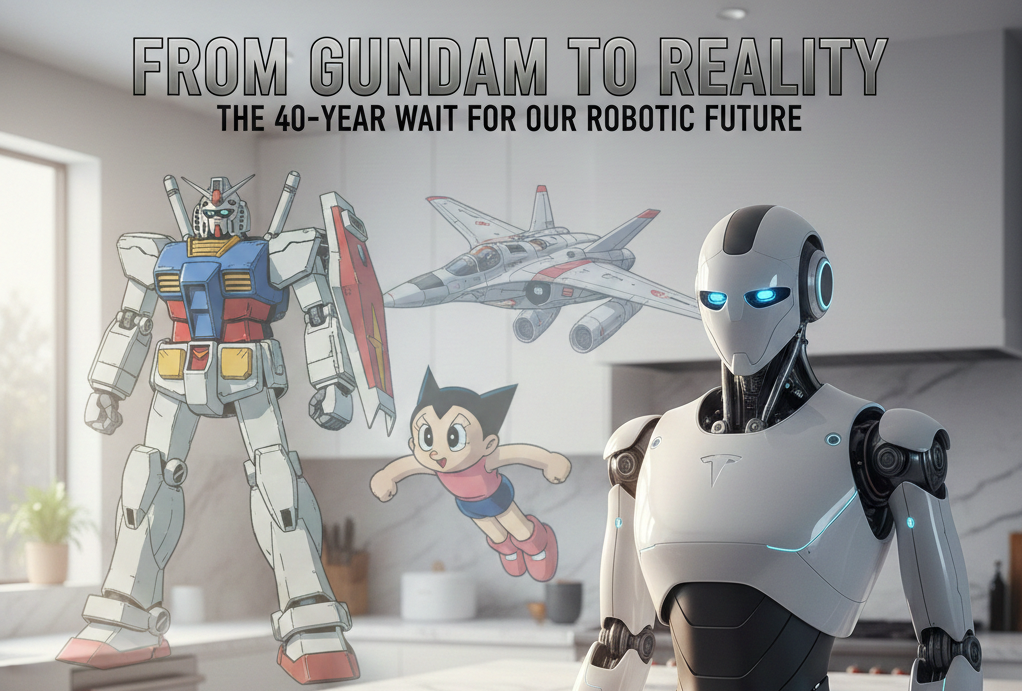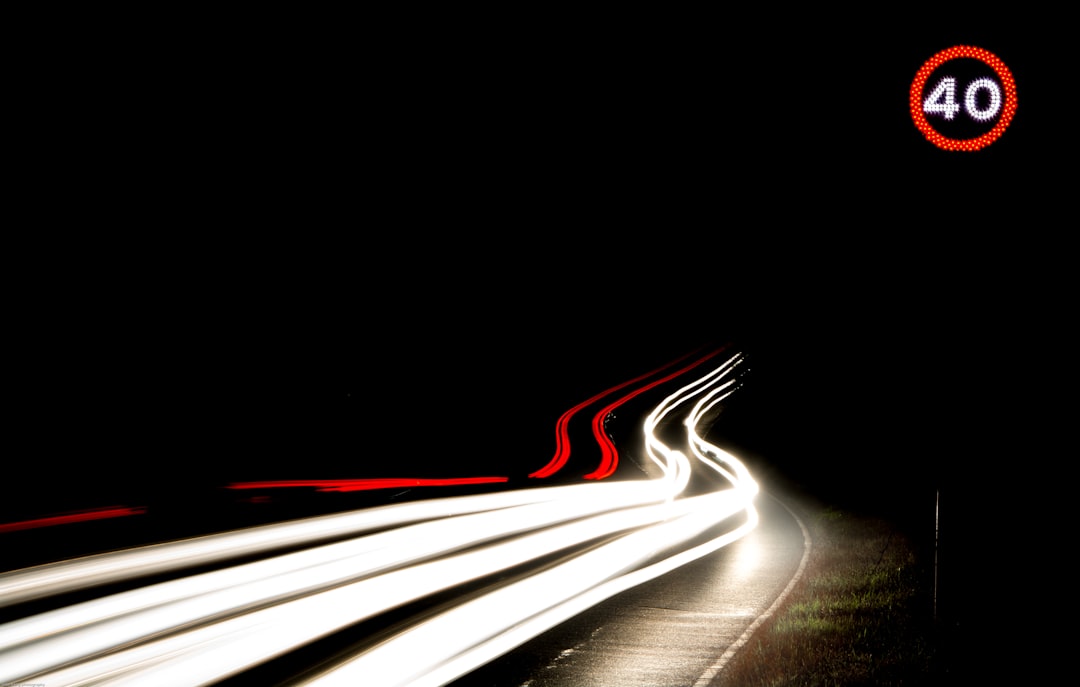The Reality of Colors: How Human Vision Compares to the Animal Kingdom
Human vision shapes our reality in profound ways, yet what we perceive is merely one interpretation of the world around us. Our eyes collect light, but it's our brains that transform this information into the colorful world we experience. This leads to fascinating questions: Is what we see the "real" world? Do other animals perceive colors as we do? How complete is human vision compared to other species? The answers reveal that our perception is just one version of reality—neither complete nor necessarily "correct."
The Mechanics of Human Vision
Human vision is an extraordinarily complex process involving the coordinated efforts of our eyes and brain. When we observe an object, light passes through the cornea, pupil, and lens before forming an inverted image on the retina at the back of the eye. Despite common misconceptions, it's actually the cornea, not the lens, that provides most of the eye's refractive power …






